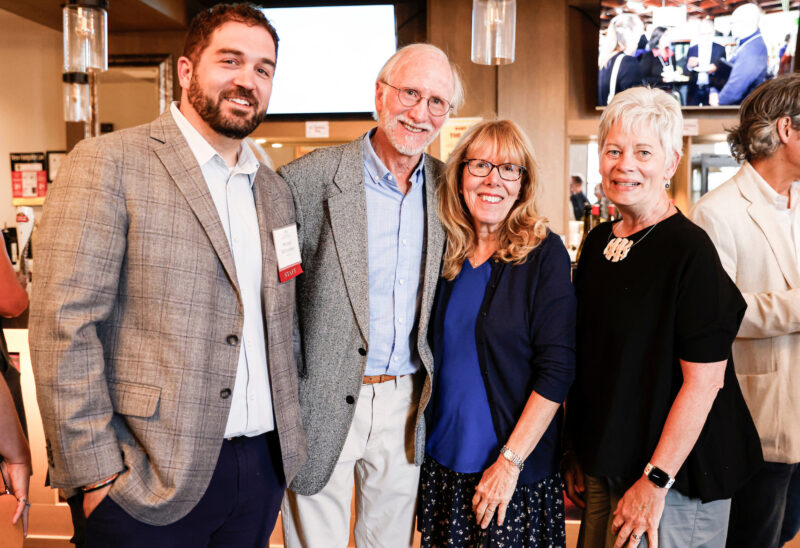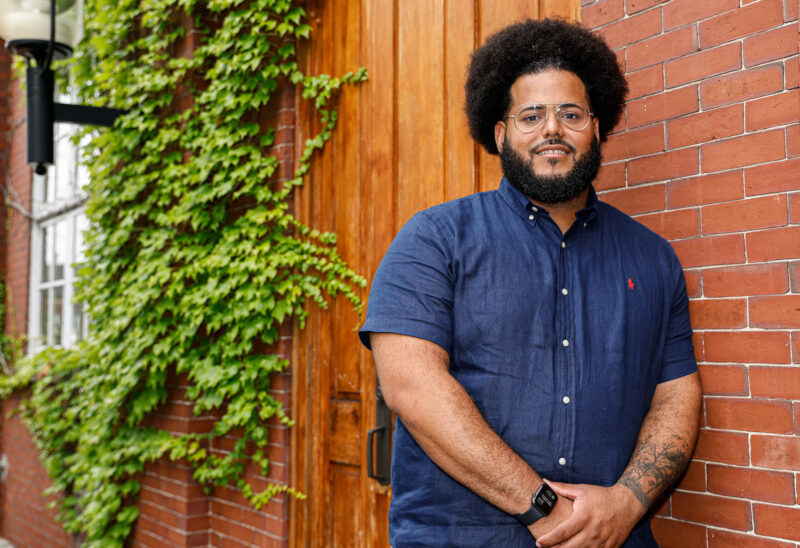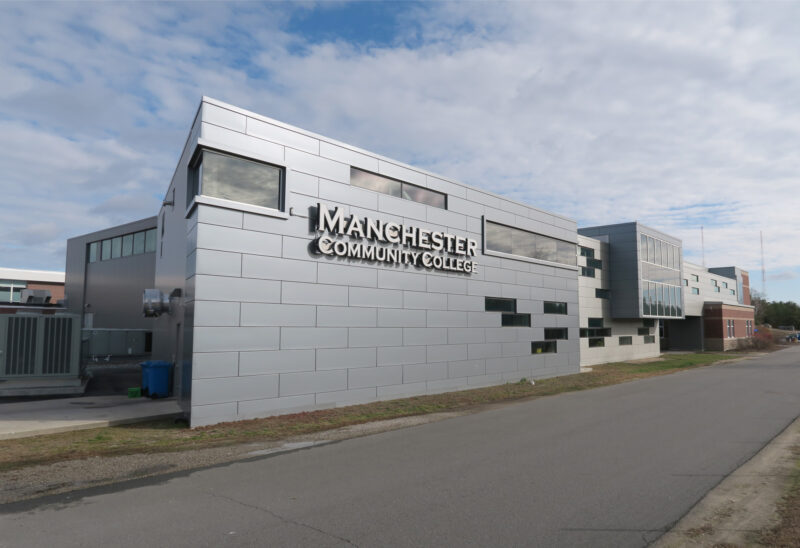In November of 2020, amid very dark days of the pandemic, all New Hampshire voters were allowed to vote by absentee in a general election — for the first time ever.
But not everyone knew how. For some, that lack of knowledge presented a barrier to voting.
A coalition of New Hampshire nonprofits worked to break down those barriers and help ensure that everyone understood how to vote safely and securely.
“We didn’t want anyone to have to choose between their right to vote and their health,” said Sarah Chaisson-Warner, director of the New Hampshire Democracy Fund, which was part of the coalition that advocated for the law change to expand absentee voting. “The more that we could do together to ensure a safe, secure and accessible election, the better it would be for everyone.”
With support from a Foundation grant, the nonprofit and nonpartisan Open Democracy embarked on an extensive, statewide voter-outreach campaign, without regard for political affiliation, to help make sure people understood their eligibility and how to vote absentee. Open Democracy focused on four groups with identified barriers to understanding voting rights and options: young adults and students, people of color, women from low-income households and people in very rural communities.
The coalition developed the website Votenh2020.org, where the process for voting absentee was outlined in detail in English and Spanish.
Causation is impossible to measure. But 73 percent of New Hampshire’s voting-age population turned out to vote in the 2020 presidential election — the highest turnout since 1964. Absentee ballots were credited with boosting that turnout: Nearly a third of all votes came in by absentee. The coalition’s work to preserve voting rights continues at the legislative and grassroots levels.













![Rev. Heidi Carrington Heath joined Seacoast Outright. [Photo by Cheryl Senter]](https://www.nhcf.org/wp-content/uploads/2024/05/Heidi-Carrington-Thumbnail-800x548.jpg)
![Dr. Jennie Hennigar treats a patient at the Tamworth Dental Center [Photo by Cheryl Senter]](https://www.nhcf.org/wp-content/uploads/2024/05/TCCAP-Hero-800x548.jpg)

